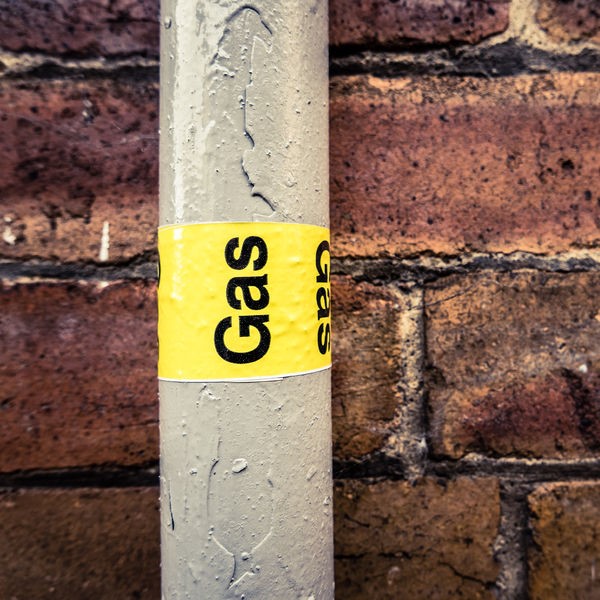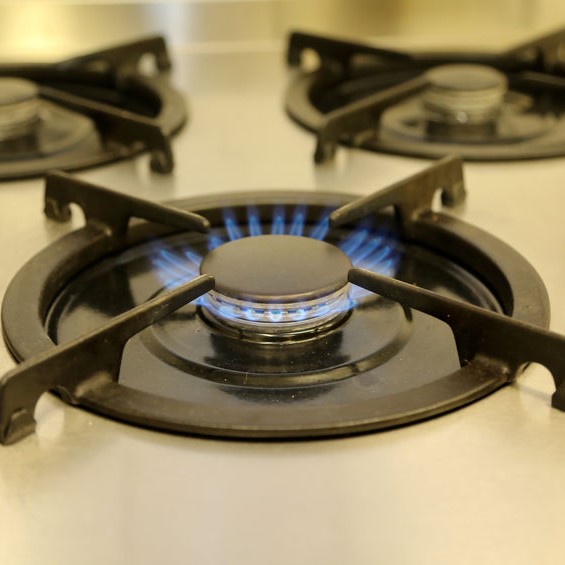
Heating your home with gas
Inspecting gas lines aren’t something that most of us think about, especially on a daily basis. However, gas line inspection is important to maintain safety and optimal performance. While gas still remains to be one of the best choices in a heating source, it still brings questions about those who aren’t familiar with the product.
The question is, do you do your own gas line inspection, or should you hire a professional gas inspector? You can do it either way but hiring a professional in the case of gas line safety is recommended. What does a gas inspector do that you wouldn’t know to do when it comes to gas line inspection?
The first thing to realize is that a professional gas line inspection is done by somebody that has been educated and trained in Ways to check gas lines and all issues related to gas lines. A professional gas pipe inspector will examine all gas pipes connected to all gas appliances including the cooking, heating, water heater, and more. They have studied the federal environment association and specific local building codes to know what to look for in the ways of leaks, pressure problems, and spills.
The duties of gas line inspection consist of the following main function: To establish and follow with extent practices and processes in a language that has been taught by the proper institution that meets the requirements of a set of criteria in place for a quality control system. A professional gas line inspection will include the following steps in summary:
1. Preparation for the gas line inspection
- Get an update on the location
- Check pertaining documents
- Set the inspection process up
- Co-ordinate with the property owner, construction, or co-inspector
- Organize the inspection including inspection timetable and items to check
- List areas of attention specifically needed
2. Collect data and describe evidential facts
- Meet with management and staff
- Make notes
- Visit the premises
- Observe
- Check documentation
- Verify information
- Observation
How do you check a gas line?
A professional gas line inspection will be done with the exact and proper equipment and tools. As a homeowner, you can take the following steps for at-home gas line inspection or leaks yourself, but never attempt to do your own repairs:
- A mixture of soap-and-water solution sprayed on each gas line connection.
- Once the gas is turned on, check for bubbles.
- Any bubbles form, using a pipe wrench and tighten the fittings slightly then recheck.
- If there appears to still be gas leaks, disassemble the gas fitting, and check the flare.
How do you detect a natural gas leak?
Natural gas is an efficient and relatively safe, convenient source of energy that is used by over half the homes in the country. Homes use natural gas for bathing, cleaning, cooking, and heat water. To use it as safely as possible and as efficiently as possible, routine gas line inspections and installation are important. At any time you discover any of the following, have a professional gas line inspection done promptly:
- Sounds of hissing or whistling.
- Bubbles, clouds, or dust in standing water.
- Visible gas line damage.
- House plants dying.
A gas leak is rare but there are health risks involved with the explosive potential of this highly flammable nature and vapors. Natural gas isn’t the only possibility of a gas leak. Gas leaks can come from radon which can cause significant health issues. There are combination detectors that every home with or without natural gas use should have installed for this very reason.
How do I know if I smell gas?
The following odors are indicators of a possible gas leak and suffice to have a professional gas line inspection at the earliest chance possible:
- A rotten egg odor – some say a garlic-like odor.
- Blowing or hissing coming from a gas connection.
- Dying and discolored plants or vegetation.
- Dirt blowing from the gas connections.
- Standing water with bubbles.

Are there gas leak detectors?
Yes, and for anyone that lives in an older home, having a gas leak detector is as important as having a fire extinguisher. Fortunately, gas detectors are not as expensive as you may think and what expense you have placed into the purchase will be worth the peace of mind and an invaluable ROI.
Gas line maintenance and inspection are key in having the safest use of natural gas. While it is a safe source of energy, there are dangers that justify routine gas line inspection with a professional that Gas line inspection and repair service to be assured that all is in proper working order. Gas burns cleaner heats faster and is better for the environment and personal health. Natural gas is used in most of the country’s restaurants for these exact reasons. Call (214) 402-5454 today for your gas line inspection in Dallas, TX.

